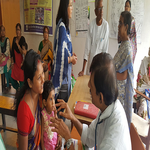What is Dentistry
Dentistry is a specialised branch of medical science that focuses on the diagnosis, prevention, and treatment of conditions affecting the teeth, gums, jaw, and oral cavity. It is critical in maintaining overall health by managing oral hygiene, treating dental diseases, and restoring function and aesthetics through medical procedures.
Professionals in this field work closely with patients to ensure healthy oral practices and identify early signs of systemic diseases that manifest in the mouth. Dentists also perform procedures like fillings, root canals, tooth extractions, implants, and corrective surgeries, while promoting preventive care and patient education.
Courses in Dentistry are available at undergraduate and postgraduate levels, such as BDS (Bachelor of Dental Surgery), MDS (Master of Dental Surgery), and doctoral programmes. Career opportunities include roles like Dental Surgeon, Orthodontist, Prosthodontist, and Public Health Dentist, with average salaries ranging from Rs. 4 to 15 LPA, depending on qualifications and experience.
Dentistry Highlights
Dentistry is a respected branch of medical science that focuses on oral health, offering both theoretical and clinical training across degree levels. With increasing awareness of dental care, it provides strong career opportunities in hospitals, clinics, and research. Below are some highlights, including eligibility, duration, fees, and job prospects:
| Particulars | Values |
|---|---|
Course name | Dentistry |
Degrees | |
Duration | UG: 3-5 years PG: 2-3 years |
Eligibility | UG: Students must have qualified for their 10+2 from a recognised board PG: Should have graduated from BDS and completed their internship. |
Admission Process | Merit or Entrance Exam |
Average Fees | Rs. 50,000 to Rs. 28 lakh |
Entrance Exam | UG: NEET PG: INI CET, NEET MDS |
Average Salary | Rs. 3.8 LPA |
Jobs Roles | Dentist, Dental Surgeon, Orthodontist, Prosthodontist, Professor |
Top Recruiters | AIIMS, Fortis Dental, Clove Dental, Apollo Hospitals, Indian Army Dental Corps, Government Dental Colleges, Manipal Hospitals |
Specialisation or Similar Ones
Dentistry offers a wide range of specialisations that allow professionals to deepen their expertise in specific areas of oral healthcare. These fields provide focused knowledge and training for diagnosing and treating complex dental conditions. Some of the prominent specialisations in dentistry include:
Prosthodontics | |
Conservative Dentistry and Endodontics | |
Pedodontics (Paediatric Dentistry) | Oral Medicine and Radiology |
- |
Top Private Dentistry Colleges in India
Several private institutions across India offer high-quality education in dentistry, equipped with advanced laboratories, clinical facilities, and experienced faculty. These colleges provide programmes like BDS (Bachelor of Dental Surgery) and MDS, helping students gain practical skills and theoretical knowledge. Here are some of the top private dentistry colleges in India:
| Top Colleges | Fees |
|---|---|
Top Colleges | Fees |
Rs. 18.25 Lakhs | |
Rs. 25 Lakhs | |
Rs. 28,200 | |
Rs. 11 Lakhs | |
Rs. 19.60 Lakhs | |
Rs. 27.75 Lakhs | |
Rs. 20,000 | |
Rs. 22 Lakhs | |
Rs. 18.02 Lakhs | |
Rs. 13.80 Lakhs |
Note: The fee structure provided above can be for any particular Dentistry course (Diploma/ UG or PG Degree).
Top Government Dentistry Colleges in India
Top government dentistry colleges in India are recognised for their affordability, expert faculty, and rigorous academic standards. These institutions provide strong clinical exposure through their affiliated hospitals and ensure quality education in oral healthcare. Here are some of the top government dentistry colleges in India:
| Top Colleges | Fees |
|---|---|
Rs. 53,400 | |
Rs. 2.18 Lakhs | |
Rs. 1.49 Lakhs | |
Rs. 2.01 Lakhs | |
Rs. 4 Lakhs | |
Rs. 1.26 Lakhs | |
Rs. 8 Lakhs | |
Rs. 24.02 Lakhs | |
Rajah Muthiah Dental College and Hospital, Annamalai University, Annamalai Nagar | Rs. 12.50 Lakhs |
Rs. 1.27 Lakhs |
Eligibility Criteria (UG & PG) of Dentistry
Eligibility for Dentistry courses depends on the level of study. Undergraduate programmes are open to students with a science background, while postgraduate courses require a BDS degree along with clinical training. Admission may be based on merit or national-level entrance exams. Below, we have added general eligibility for both UG and PG Dentistry courses:
Undergraduate Course
Candidates aspiring to pursue an undergraduate course in Dentistry (BDS) must fulfil specific academic criteria defined by the respective institutions. Admission is primarily offered through entrance exams. The eligibility criteria for undergraduate courses are as follows:
- Must have passed 10+2 or equivalent examination with Physics, Chemistry, Biology, and English as core subjects.
- A minimum of 50 per cent aggregate marks in the qualifying examination (may vary slightly by category or institution).
- Candidates must qualify in the NEET UG entrance examination, which is mandatory for admission to BDS programmes across India.
- The minimum age for admission is 17 years as on 31st December of the year of admission.
Postgraduate Course
To enrol in a postgraduate course in Dentistry, candidates must meet the academic and clinical requirements laid down by regulatory bodies and institutions. Admission is typically granted through national-level entrance tests. The eligibility criteria for postgraduate courses are as follows:
- Must have completed a Bachelor of Dental Surgery (BDS) degree from a college or university recognised by the Dental Council of India (DCI).
- Completion of a one-year compulsory rotatory internship before the admission deadline is mandatory.
- Candidates must hold a valid registration certificate from the DCI or a State Dental Council.
- Admission is based on the candidate’s performance in entrance exams like NEET MDS or institutional-level tests.
- A minimum qualifying percentile, as specified by the exam authorities, is required for consideration.
Entrance Exams for Dentistry
Admission to Dentistry courses, both undergraduate and postgraduate, requires candidates to appear for national-level entrance exams. These tests assess the candidate's academic proficiency and readiness for dental education and clinical practice. Securing a qualifying score is essential for admission. Below are the most recognised entrance exams for Dentistry courses:
| Exam Name | Conducting Body | Exam Schedule |
|---|---|---|
National Testing Agency (NTA) | ||
National Board of Examinations (NBE) | ||
AIIMS (All India Institute of Medical Sciences) |
College Predictors VIEW ALL
Scope of Dentistry in India and Abroad
Dentistry offers a wide range of opportunities in clinical practice, dental surgery, cosmetic dentistry, and public health. Professionals can establish private clinics, work in hospitals, or join multi-speciality healthcare chains. The field also includes high-demand areas like orthodontics, endodontics, and prosthodontics, catering to growing oral health and aesthetic needs.
Beyond clinical roles, dentistry extends into research, academics, dental technology, and policy-making. With increasing awareness about oral hygiene and preventive care, dentists play a key role in shaping public health strategies. Opportunities also exist in government health departments, defence services, and international healthcare systems seeking qualified dental professionals.
Course Fees Dentistry
| Minimum Fees | Maximum Fees | |||
|---|---|---|---|---|
| Private | Government | Private | Government | |
| UG | ||||
| PG | ||||
| DOCTORAL | ||||
| DIPLOMA | ||||
Course Subjects
The syllabus for Dentistry covers a mix of foundational and advanced subjects. Undergraduate students study core topics, while postgraduate students focus on specialised areas. These subjects help build clinical and theoretical knowledge essential for dental practice. Below, we have mentioned the UG and PG syllabi for Dentistry for reference.
UG Syllabus for Dentistry Course
The undergraduate dentistry syllabus offers a strong foundation in medical and dental sciences, covering anatomy, pathology, clinical dentistry, and surgical practices. Students gain theoretical knowledge and hands-on skills essential for dental practice and patient care. This syllabus is for the BDS course from the Tamil Nadu Dr. M.G.R. Medical University.
Year 1 | Year 2 |
General Anatomy including Embryology and Histology | General Pathology and Microbiology |
General Human Physiology and Biochemistry | General and Dental Pharmacology and Therapeutics |
Dental Anatomy, Embryology and Oral Histology | Dental Materials |
- | Pre-Clinical Conservative Dentistry |
- | Pre-Clinical Prosthodontics & Crown & Bridge |
Year 3 | Year 4 |
General Medicine | Oral Medicine and Radiology |
General Surgery | Paediatric and Preventive Dentistry |
Oral Pathology and Oral Microbiology | Orthodontics and Dentofacial Orthopaedics |
- | Periodontology |
- | Prosthodontics and Crown and Bridge |
- | Conservative Dentistry and Endodontics |
- | Oral and Maxillofacial Surgery |
- | Public Health Dentistry |
PG Syllabus for Dentistry Course
The postgraduate syllabus in Dentistry includes subjects such as Applied Basic Sciences, Public Health, Dental Public Health, and Recent Advances. These areas equip students with essential knowledge and skills for specialised practice in oral health and community dentistry. This is the MDS syllabus from Amrita School of Dentistry, Kochi.
- Applied Basic Sciences
- Public Health
- Dental Public Health
- Recent Advances
Careers in Dentistry
Dentistry offers a wide range of professional paths focused on oral diagnosis, treatment planning, and patient care. Dental professionals work across specialities such as orthodontics, prosthodontics, oral surgery, and periodontics, depending on their training and interests.
With the healthcare sector expanding and oral health gaining greater importance, qualified dentists are in demand at government hospitals, private dental practices, academic institutions, and dental product companies. The field also offers opportunities in research, public health policy, and global oral healthcare initiatives.
Upcoming trends
Dentistry is evolving rapidly with advanced technologies and patient-centric innovations enhancing diagnostic precision and treatment efficiency. Digital workflows, minimally invasive procedures, and personalised care are redefining oral healthcare delivery. These trends are shaping the future of dentistry across clinical, cosmetic, and preventive practices. Below are some of the current trends in Dentistry:
- Digital Dentistry and CAD/CAM Restorations
- Laser-Assisted Dental Treatments
- Teledentistry and Remote Patient Monitoring
- 3D Printing in Prosthodontics and Orthodontics
- Biomimetic and Regenerative Dental Materials
- Artificial Intelligence in Diagnosis and Treatment Planning
- Implantology and Advanced Oral Surgery Techniques
- Preventive and Minimally Invasive Dentistry Approaches
Job Profiles and Top Recruiters
After completing a course in Dentistry, candidates can pursue various roles across clinics, hospitals, academic institutions, and research centres. Dentistry professionals are trained to handle clinical procedures, manage oral health, and conduct dental research. Below are some of the key job roles available in this field:
| Job Roles | Description |
|---|---|
Dentists diagnose and treat oral health problems like cavities, gum issues, and tooth decay. They also perform preventive procedures and advise patients on oral hygiene. | |
Dental surgeons carry out advanced treatments such as extractions, oral surgeries, and dental implants. They often work in hospitals or specialised dental clinics. | |
Orthodontists | Orthodontists correct irregular teeth and jaw alignment using braces, aligners, or retainers. They improve both oral function and appearance. |
Prosthodontists design and fit crowns, bridges, dentures, and implants to replace missing teeth. They help restore aesthetics and functionality in patients. | |
Professors | Professors teach dental subjects at universities and oversee clinical practice. They are also involved in dental research and academic development. |
Top Recruiters
- AIIMS
- Fortis Dental
- Clove Dental
- Apollo Hospitals
- Indian Army Dental Corps
- Government Dental Colleges
- Manipal Hospitals
Average Salary
Graduates in Dentistry can earn competitive salaries based on their specialisation, experience, and place of employment. Earnings may vary depending on whether they work in private practice, hospitals, academia, or research. Location and job role also significantly influence the pay scale. Below are the average salary figures for various roles:
| Job Roles | Average Salary (LPA) |
|---|---|
Dentists | Rs. 3.8 LPA |
Dental Surgeons | Rs. 4.4 LPA |
Orthodontists | Rs. 6.9 LPA |
Prosthodontists | Rs. 5.1 LPA |
Professors | Rs. 15.9 LPA |
Source: AmbitionBox
Required Skillset for Dentistry
Professionals in Dentistry are expected to possess a solid understanding of oral anatomy, pathology, and treatment procedures. The field requires excellent hand-eye coordination, patient care ethics, and technical proficiency. Below are some essential skills required to excel in the field of Dentistry:
- In-depth knowledge of dental anatomy and oral healthcare procedures
- Manual dexterity for performing precise dental treatments
- Strong diagnostic and problem-solving abilities
- Attention to detail during examination and treatment
- Ethical judgement and focus on patient well-being
- Effective communication with patients and dental teams
Course Curriculum for Dentistry
The Dentistry curriculum blends foundational knowledge with clinical training to develop expertise in oral health diagnosis and treatment. It includes subjects related to anatomy, pathology, pharmacology, and hands-on dental procedures. Students gain experience through pre-clinical labs, clinical postings, and community dental outreach. Below are the major subjects typically included in the Dentistry curriculum:
- Dental Anatomy, Oral Histology, and Embryology
- Oral Pathology and Microbiology
- General Anatomy, Physiology, and Biochemistry
- Dental Materials and Pre-Clinical Prosthodontics
- Conservative Dentistry and Endodontics
- Oral Medicine, Diagnosis, and Radiology
- Periodontology and Community Dentistry
- Oral and Maxillofacial Surgery
- Orthodontics and Paediatric Dentistry
- Clinical Postings, Internships, and Project Work
Popular Dentistry Entrance Exams in India
Frequently Asked Questions (FAQs)
Question: Which are the most popular specialisations in MDS?
Answer :
Some of the in-demand MDS branches include Orthodontics, Prosthodontics, Oral and Maxillofacial Surgery, Periodontology, and Conservative Dentistry.
Question: Is NEET required for admission to Bachelor of Dental Surgery?
Answer :
Yes, the NEET exam is compulsory for securing admission into BDS programmes in both government and private dental colleges in India.
Question: What are the job prospects for dentists in India?
Answer :
Dentists can work in government or private hospitals, set up independent clinics, join dental colleges as teaching staff, or explore corporate and public health roles. There is also growing demand in dental tourism and cosmetic dentistry.
Question: Can I practise as a dentist after completing BDS?
Answer :
Yes, after completing your BDS and registering with the Dental Council of India, you are legally eligible to practise dentistry across India in private clinics, hospitals, or start your own practice.
Questions related to Dentistry
DAT entrance exam of dentistry
The Dental Admission Test (DAT) is required for admission to dental schools in the USA and Canada, assessing subjects like biology, chemistry, and reasoning. In India, BDS admissions are only through NEET-UG—there’s no separate DAT exam.
For studying dentistry abroad, DAT is essential, while for India, focus on NEET.
Wanted to know cheapest fee in mds public health dentistry course.
Hi Ayushi Priya,
The cheapest MDS in Public Health Dentistry programs in India are typically offered by government dental colleges. Based on available data, here are some of the most affordable options:
- Government Dental College and Hospital, Ahmedabad: Tuition Fee is 60,000 for 3 years
- Government Dental College and Hospital, Raipur: Tuition Fee is 66,000 for 3 years
- Government Dental College and Hospital, Hyderabad: Tuition Fee is 75,000 for 2 years
- Tamil Nadu Government Dental College and Hospital, Chennai: Tuition Fee is 90,000 for 3 years
Im 12th pass out student and i want to diploma in dentistry from GDC indore
Hello there,
You cannot pursue a Diploma in Dentistry at GDC Indore as they don’t offer this program. However, they offer:
-
BDS (Bachelor of Dental Surgery)
-
Eligibility: 12th with PCB and NEET UG
-
Duration: 5 years
-
Admission: Based on NEET UG scores.
-
-
MDS (Master of Dental Surgery)
-
Eligibility: BDS and NEET MDS
-
Duration: 3 years
-
Admission: Based on NEET MDS scores.
Alternatives:
-
-
Dental Hygienist Course (2 years)
-
Dental Assistant Course (6 months to 1 year)
These alternatives may not be offered by GDC Indore, but you can find them at private institutes or other dental colleges.
I hope this answer helps you. If you have more queries, then feel free to share your questions with us, we will be happy to assist you.
Thank you, and I wish you all the best in your bright future.
IS MPH A GOOD OPTION FOR SOMEONE WHO DOES NOT WANT TO PRACTICE CLINICAL DENTISTRY AFTER BDS
Hello Shivam,
Yes, pursuing a Master of Public Health (MPH) after completing a BDS (Bachelor of Dental Surgery) can be a great option for someone who does not want to practice clinical dentistry. Here are some reasons why MPH can be a good career move:
-
Diversifies Your Career Path : MPH opens doors to non-clinical roles in public health, which include research, policy-making, healthcare administration, and health education. You can contribute to improving community health and preventing diseases on a larger scale.
-
Interdisciplinary Knowledge : MPH programs provide knowledge in areas like epidemiology, biostatistics, environmental health, health economics, and policy. This equips you to work in healthcare settings without being involved in direct patient care.
-
Job Opportunities : As a dentist with an MPH degree, you can work in government health agencies, non-governmental organizations (NGOs), international health organizations (like WHO or UNICEF), research institutions, and healthcare policy think tanks.
-
Focus on Oral Health at the Population Level : With your background in dentistry, you could focus on public health initiatives aimed at improving oral health at a community or national level, promoting preventive care and education.
-
Growing Demand in Global Health : With increasing awareness about healthcare systems and their efficiency, public health professionals are in high demand globally. This field offers job stability and opportunities to work in diverse environments.
-
Flexible Career Growth : MPH graduates can transition into leadership roles in health organizations, work as health consultants, or engage in policy research, all of which offer long-term career growth without clinical work.
If you're more interested in research, public health initiatives, and policy work, MPH is an excellent alternative that still allows you to utilize your healthcare knowledge and contribute to society in meaningful ways.
I hope this answer helps you. If you have more queries, then feel free to share your questions with us, we will be happy to assist you.
Thank you, and I wish you all the best in your bright future.
Im a final year bds student...i dont feel like doing masters in dentistry as i chose it cause of my parents pressure...is it a good option to choose llb after bds?
Hello aspirant,
I understand the feeling of conflicted when your career paths doesn't align with your personal interest.
Pursuing an LLB after BDS can be a strategic move for several reasons:
- Legal Expertise in Dental Practice: Having both dental and legal knowledge can be advantageous in areas like medical malpractice, dental ethics, and insurance claims.
- Diverse Career Paths: An LLB can open doors to various legal careers, such as medical law, intellectual property law, or corporate law.
- Personal Satisfaction: If you genuinely enjoy legal studies and find them stimulating, pursuing an LLB can be personally fulfilling.
Before making a decision, consider these factors:
- Interest and Passion: Do you have a genuine interest in law and legal studies?
- Career Goals: Are you clear about your career aspirations after completing the LLB?
- Financial Implications: Assess the financial implications of pursuing an LLB, including tuition fees, living expenses, and potential loss of income.
- Time Commitment: An LLB typically requires significant time and effort. Are you prepared for the commitment?
If you're unsure about your career path, consider seeking guidance from a career counselor or a mentor in the legal field. They can provide valuable insights and help you make informed decisions.
Ultimately, the best choice is the one that aligns with your personal goals, interests, and values. It's important to prioritize your own happiness and satisfaction in your career.
For more information about Law colleges in India, you can go through the link attached below.
https://law.careers360.com/colleges/list-of-law-colleges-in-india



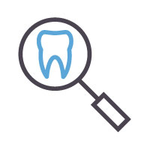

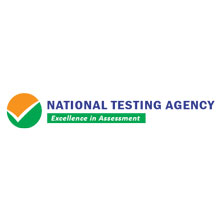

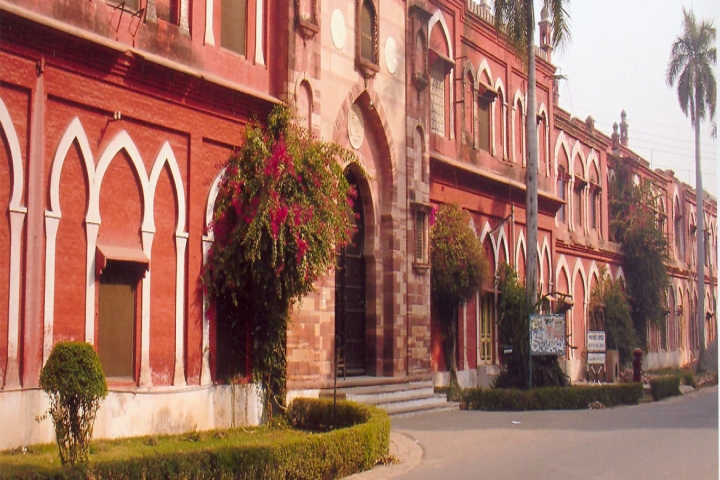
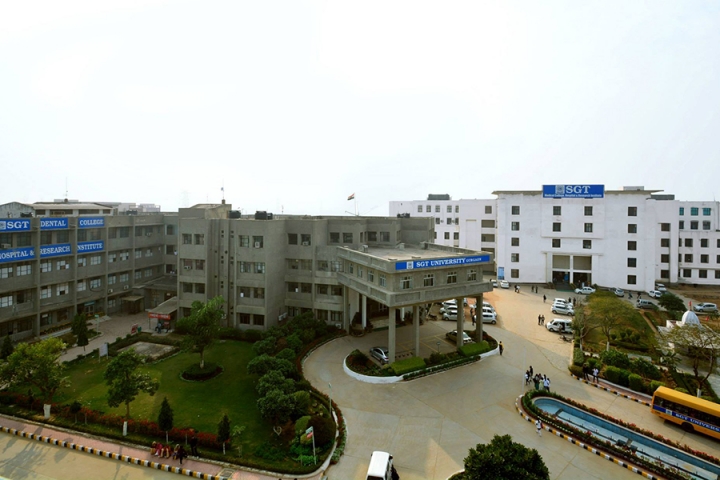
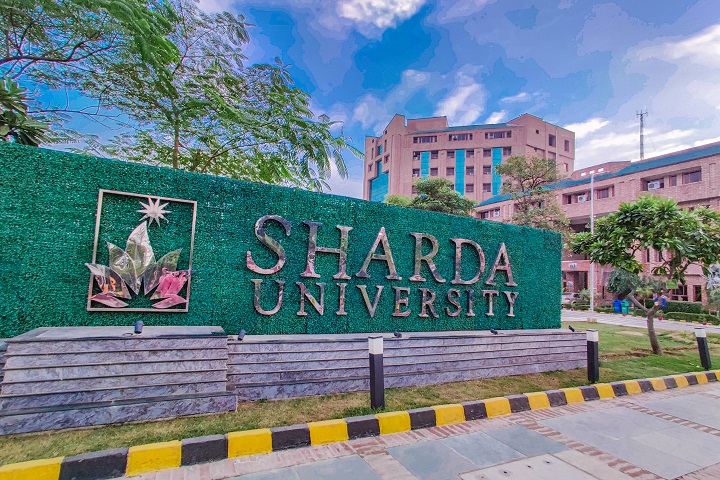
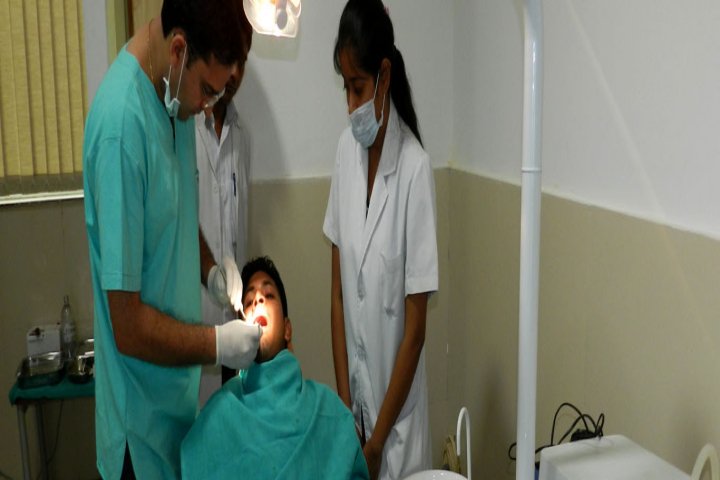
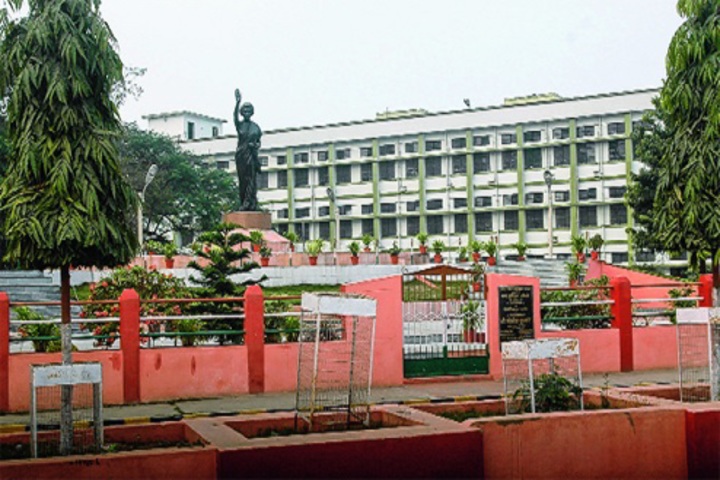
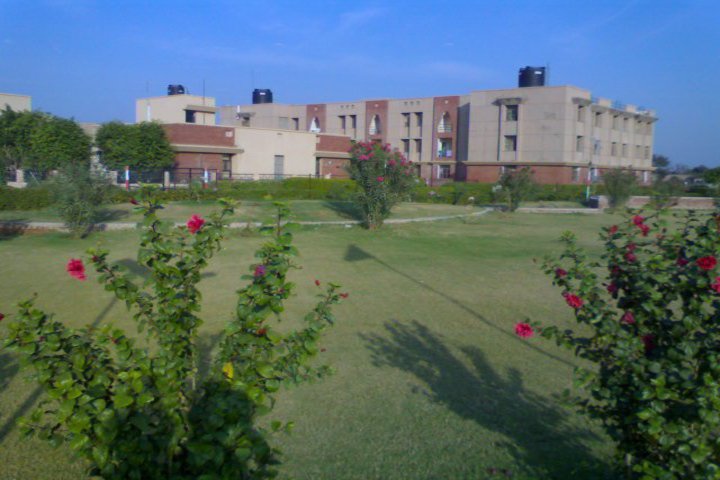
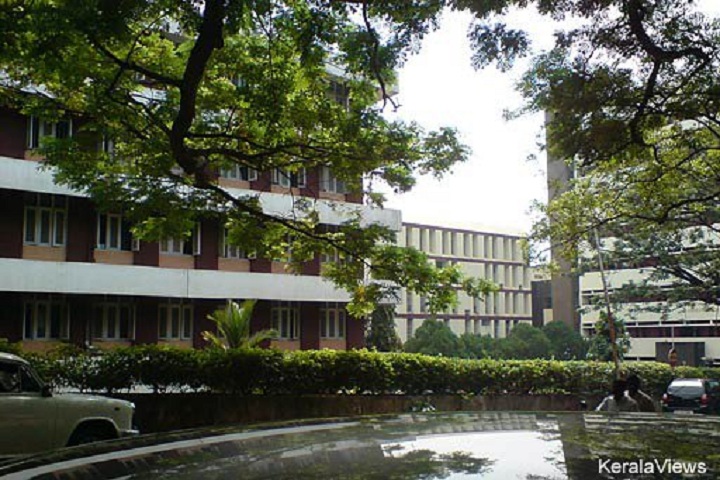

 Answer later
Answer later
